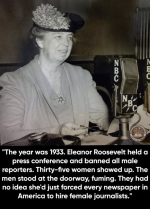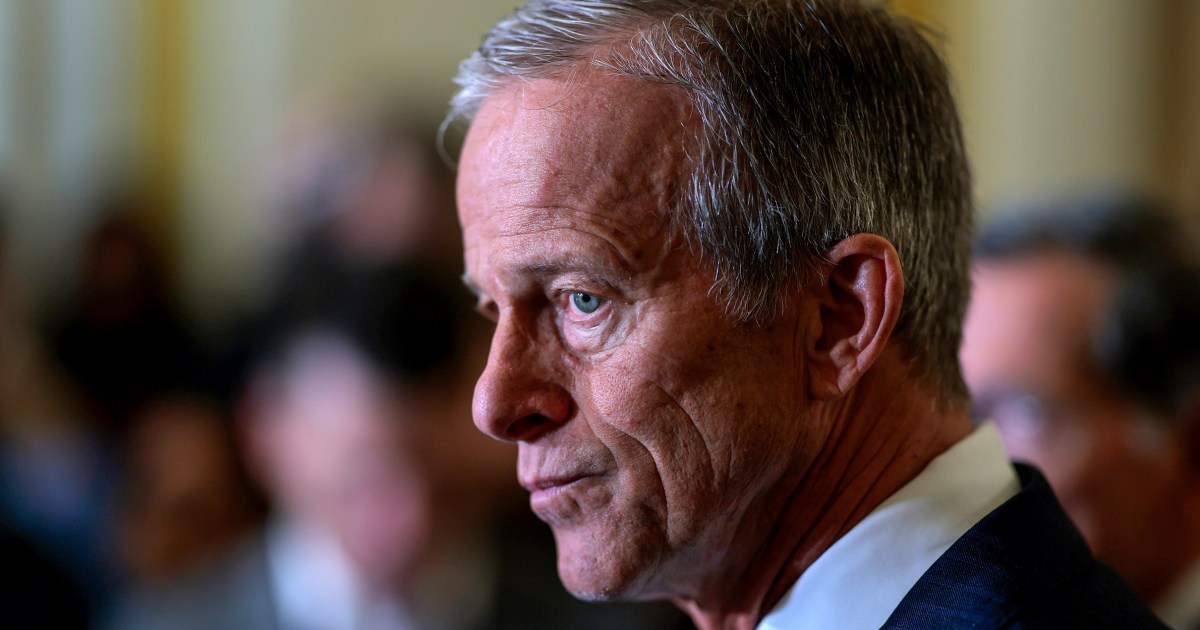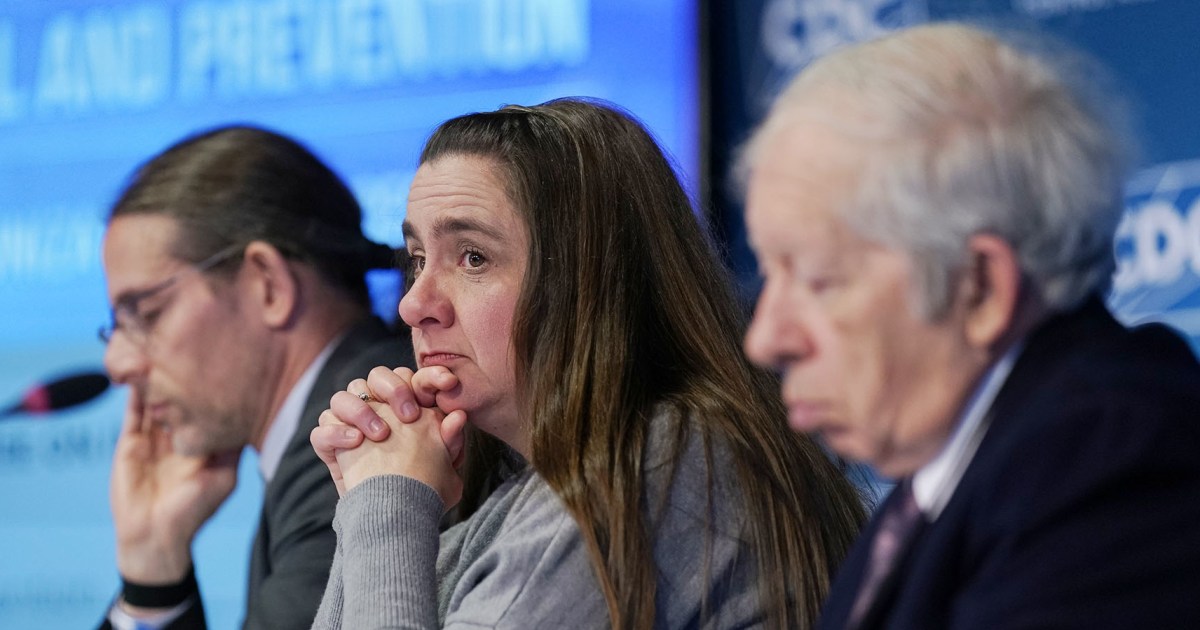Shiftless2
Well-known member
Definitely worthy of a headline. Just not from 2025 - try 1933

The year was 1933. Eleanor Roosevelt held a press conference and banned all male reporters. Thirty-five women showed up. The men stood at the doorway, fuming. They had no idea she'd just forced every newspaper in America to hire female journalists.
Women had only recently won the right to vote. Female journalists existed, but barely—relegated to "society pages," writing about fashion and recipes while their male colleagues covered real politics in the halls of power.
Then Eleanor Roosevelt walked into the White House with an idea that would change everything.
Just days after her husband Franklin's inauguration, she called her first press conference.
Thirty-five journalists showed up. Every single one was a woman.
And the men? They stood at the doorway, fuming, as the women sat on the floor of the Red Room because there weren't enough chairs.
They laughed. They dismissed it. They had no idea what was coming.
Eleanor's strategy was brilliant: If news organizations wanted access to the First Lady of the United States—one of the most powerful positions in the country—they would have to hire ...
MORE>

The year was 1933. Eleanor Roosevelt held a press conference and banned all male reporters. Thirty-five women showed up. The men stood at the doorway, fuming. They had no idea she'd just forced every newspaper in America to hire female journalists.
Women had only recently won the right to vote. Female journalists existed, but barely—relegated to "society pages," writing about fashion and recipes while their male colleagues covered real politics in the halls of power.
Then Eleanor Roosevelt walked into the White House with an idea that would change everything.
Just days after her husband Franklin's inauguration, she called her first press conference.
Thirty-five journalists showed up. Every single one was a woman.
And the men? They stood at the doorway, fuming, as the women sat on the floor of the Red Room because there weren't enough chairs.
They laughed. They dismissed it. They had no idea what was coming.
Eleanor's strategy was brilliant: If news organizations wanted access to the First Lady of the United States—one of the most powerful positions in the country—they would have to hire ...
MORE>













